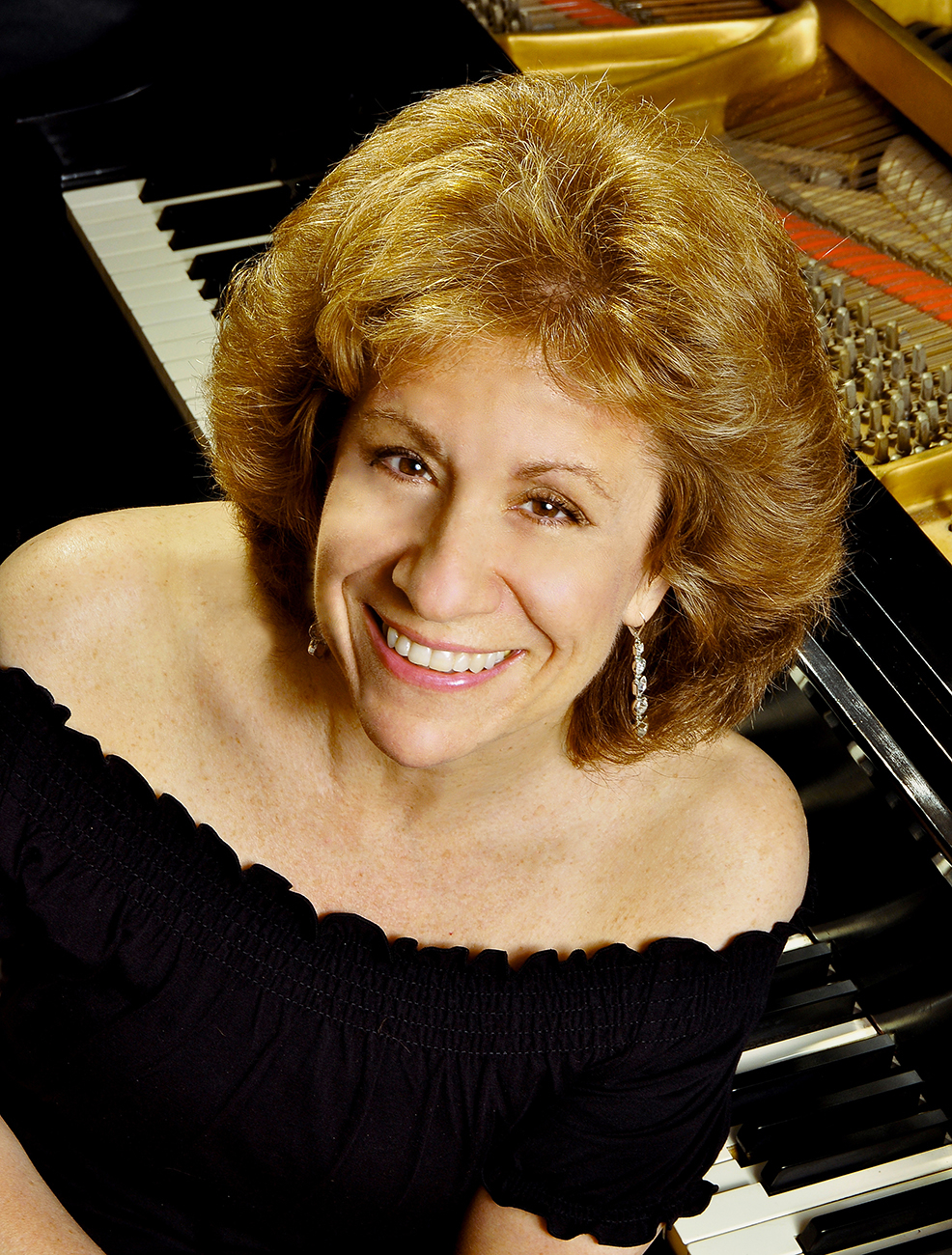Special Reports
MA 30 Profiles in Courage: Joanne Polk
![]() Pianist, Teacher, Recording Artist
Pianist, Teacher, Recording Artist
 An evening in New York’s Merkin Hall nearly three decades ago set pianist Joanne Polk on the road to becoming one of the country’s staunchest advocates for music written by women. Moved to tears by a performance of Parable, by Judith Lang Zaimont, Polk sought out the composer, who soon became a close friend who schooled her in the many challenges facing female composers.
An evening in New York’s Merkin Hall nearly three decades ago set pianist Joanne Polk on the road to becoming one of the country’s staunchest advocates for music written by women. Moved to tears by a performance of Parable, by Judith Lang Zaimont, Polk sought out the composer, who soon became a close friend who schooled her in the many challenges facing female composers.
“I began to research music by women and discovered how few female composers were ever recorded,” says Polk, “so I vowed to record as many female composers, living and historical, as possible.” She released her first CD, Completely Clara (Schumann) with soprano Korliss Uecker, in 1992. Five years later she paid tribute to Zaimont with Zones, a recording of the composer’s piano trios and preludes.
She has been particularly keen on composer/pianist Amy Beach, recording her complete piano music across three CDs: By the Still Waters, Under the Stars, and Fireflies. She has explored Beach’s chamber works with the Lark Quartet and the English Chamber Orchestra in two CDs, Morning Glories and Empress of Night. Her Songs of Amy Beach, with baritone Patrick Mason, received a Grammy nomination in 2007.
In the last decade, she has devoted albums to Zaimont (Callisto, 2003), Fanny Mendelssohn (The Piano Sings, 2010), and Fanny and her famous brother (Fanny and Felix Mendelssohn, 2012). Cecile Chaminade’s piano music is the focus of her latest album, The Flatterer, which made it to No. 1 on the Billboard Classical chart last September.
A member of the piano faculty at Manhattan School of Music, Polk lobbies students and colleagues alike to include works by women on their programs while continuing her own efforts to build a recorded archive of women’s compositions. “The obstacles have been enormous,” she notes, “not only in attracting record companies, but in funding the recordings and having the music taken seriously. The music can be dismissed as feminine and second-class.”
Spurred by Zaimont’s advice that “If you can't walk through, walk around," Polk does see the landscape changing. “I believe it is easier,” she optimistically concludes, “for women writing music today to be taken seriously.” And Polk’s efforts are part of the reason.





 FEATURED JOBS
FEATURED JOBS

 RENT A PHOTO
RENT A PHOTO


